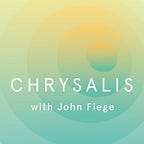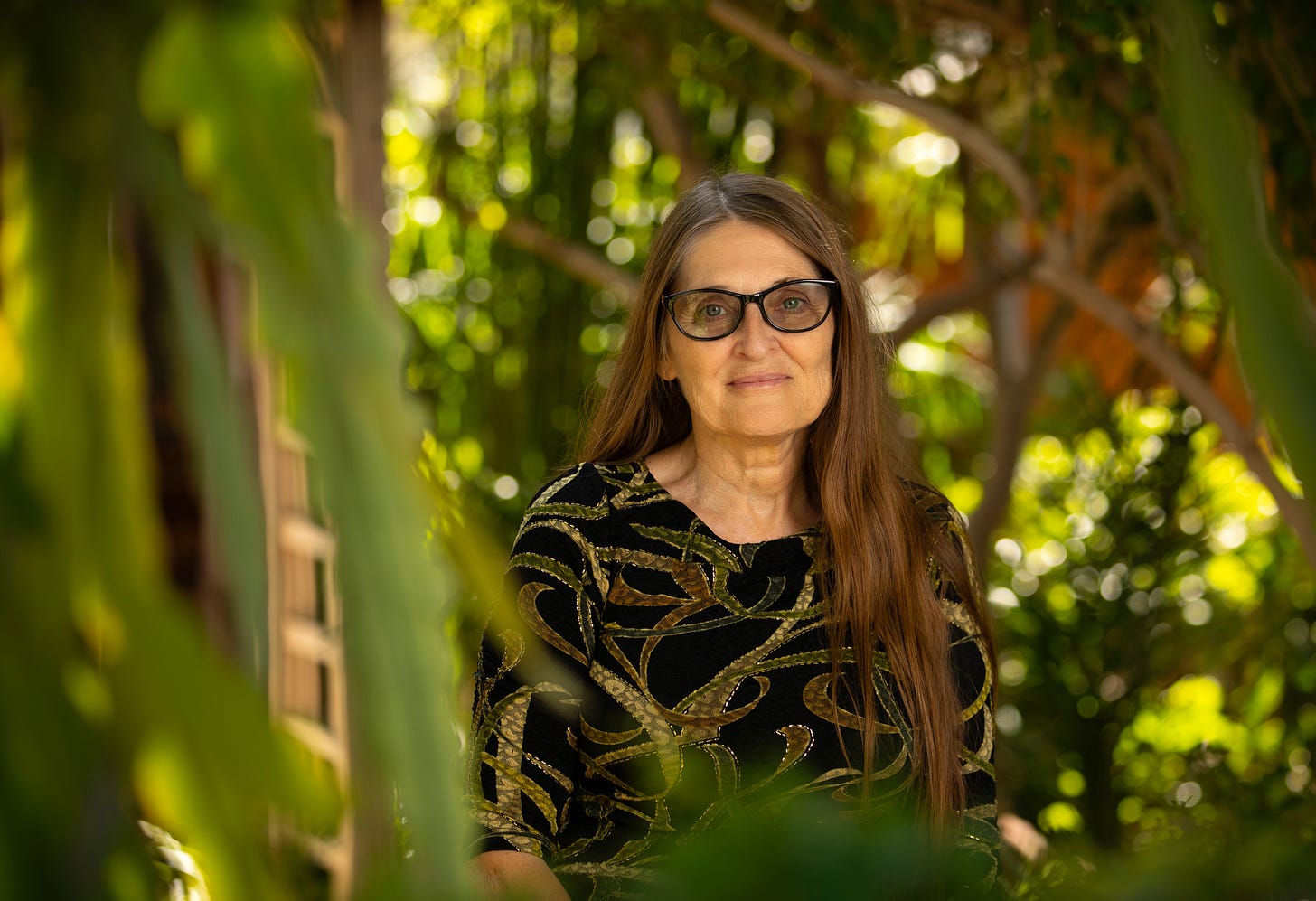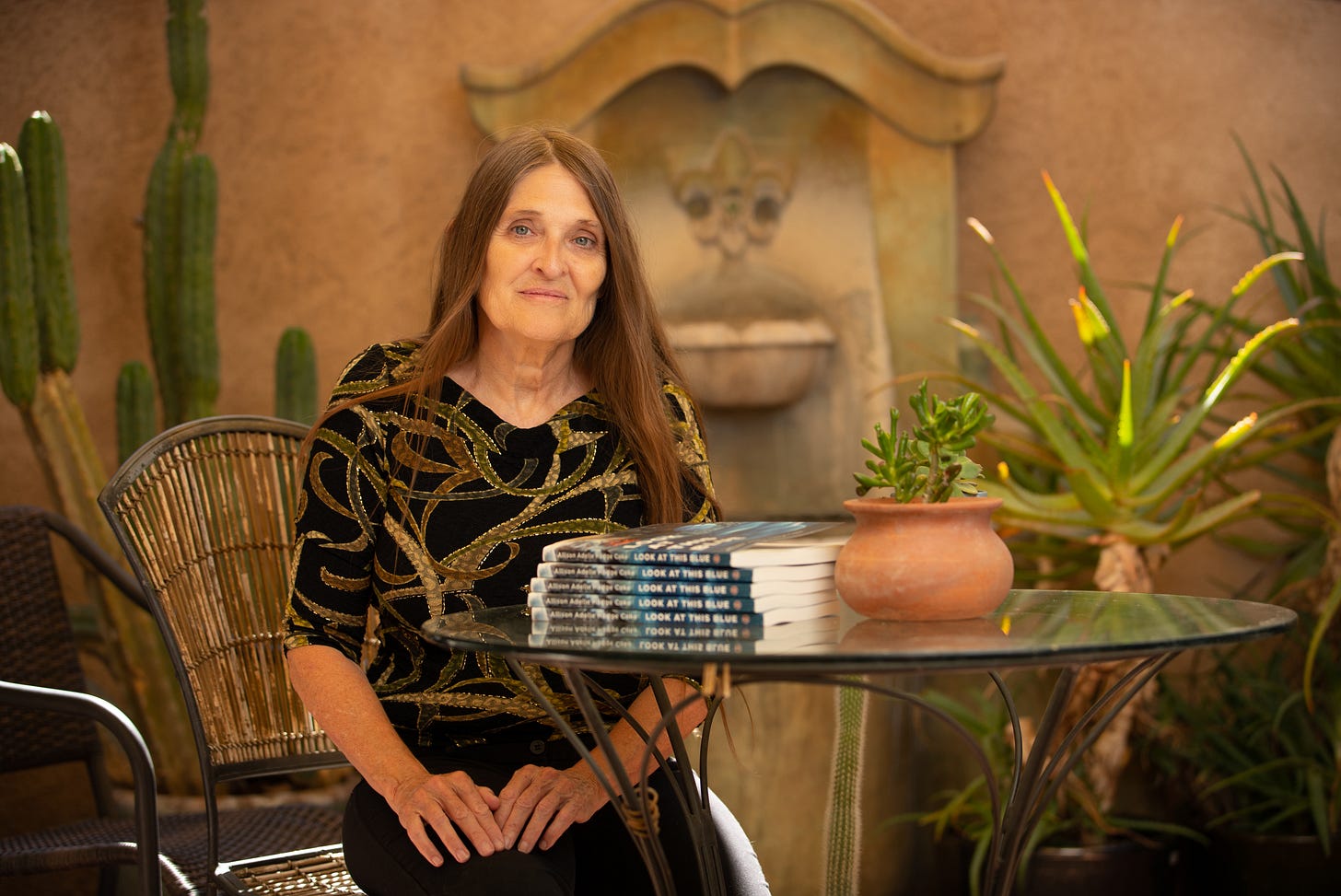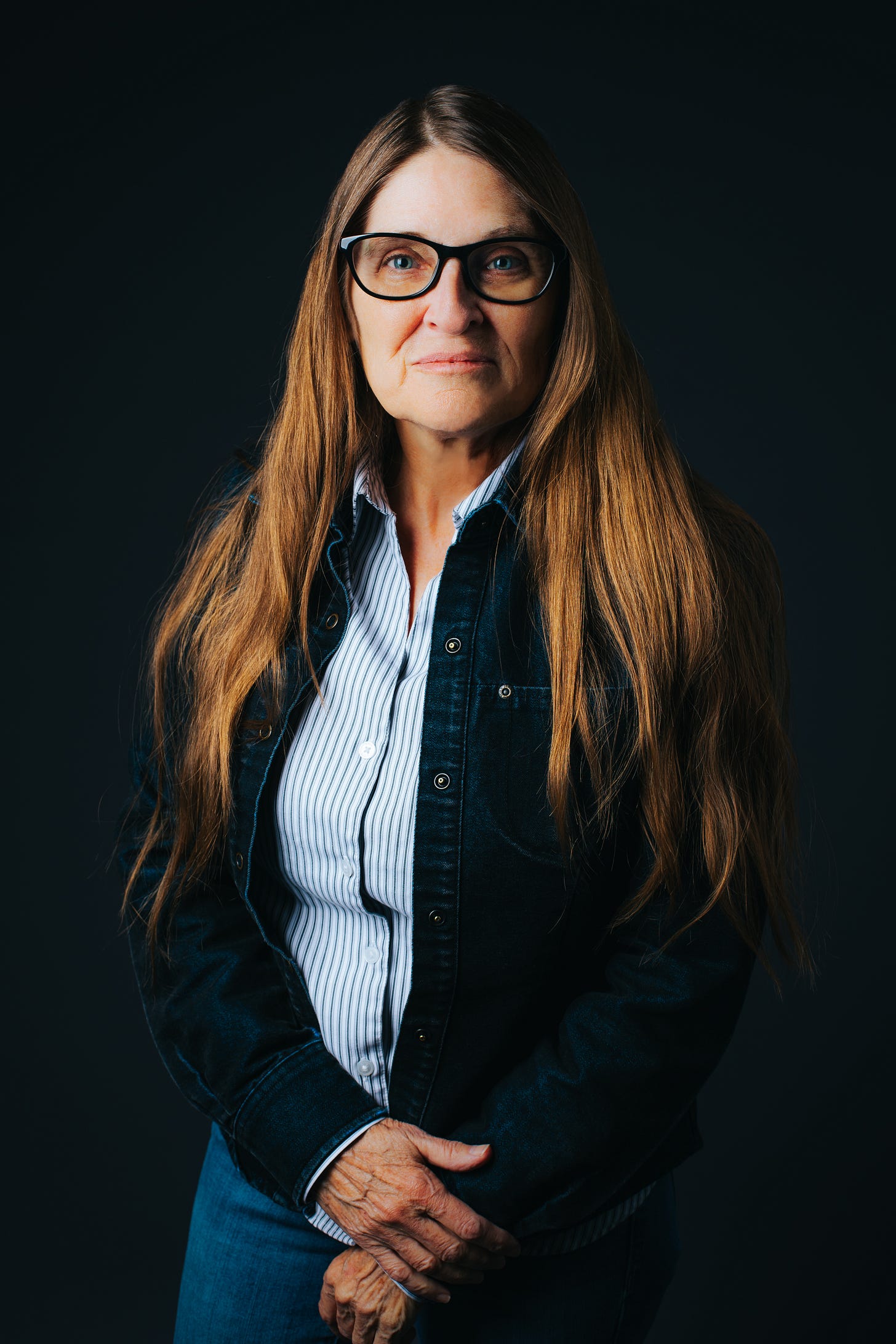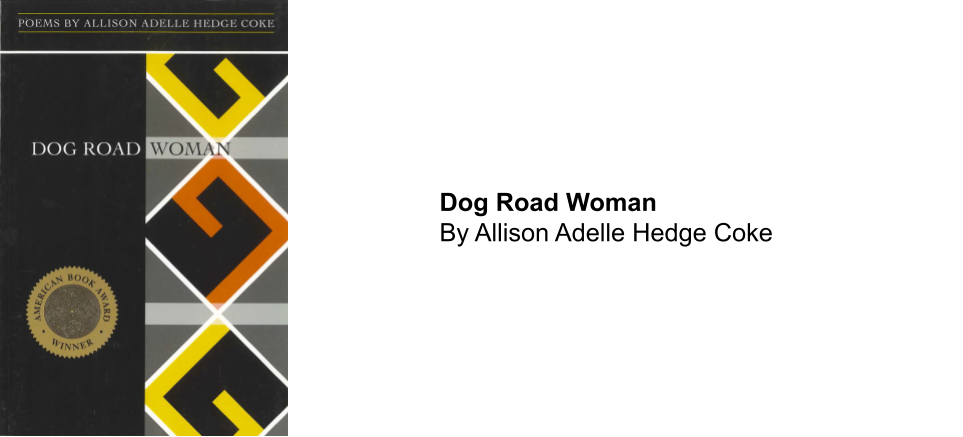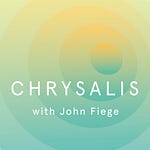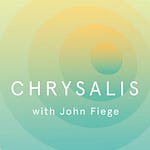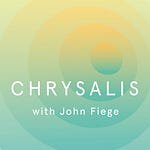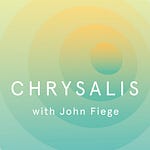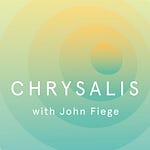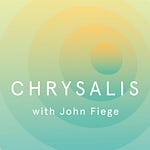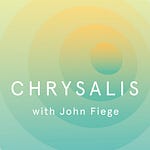There is a line in Allison Adelle Hedge Coke’s poem, “When the Animals Leave this Place,” that I find haunting: “They said no one belongs here.”
She’s writing about land that used to flood cyclically but that settlers used for farms and pastures, against the advice of Indigenous elders and without regard for the seasonality of the rain.
Embedded in these six words—“They said no one belongs here”—is the history of conquest and colonialism in America and the mentality of the control of nature, which, to this day, dominates our societal relationship to nature.
The forces of nature and history and a deep knowledge of the land burst forth from Allison’s poem, along with a spirited and iconic crew of animals.
Allison Adelle Hedge Coke is the author or editor of eighteen books and the recipient of numerous awards and fellowships. Her most recent book, Look at This Blue, was a finalist for the National Book Award. She is currently Distinguished Professor of Creative Writing at the University of California Riverside.
This episode of Chrysalis is part of the Chrysalis Poets series. You can listen on Substack, Apple Podcasts, and other podcast platforms.
Please rate, review, and share to help us spread the word!
Allison Adelle Hedge Coke
Allison Adelle Hedge Coke is a widely-acclaimed poet, editor, and activist. She was born in 1958 in Amarillo, Texas and spent her formative years in three separate locations: North Carolina, Canada, and the Great Plains. Initially dropping out of high school to work fields in order to support herself, Coke completed her GED at age 16 before enrolling in courses at North Carolina State University. She went on to receive an AFA in Creative Writing from the Institute of American Indian Arts and an MFA in Poetry from Vermont College. A recipient of a Fulbright Scholarship and the First Jade Nurtured SiHui Female International Poetry Award, she is now a distinguished professor at the University of California at Riverside. Outside of these duties, she works with underserved incarcerated youth and serves on multiple literary and editorial boards.
Hedge Coke has authored six full-length books of poetry, her first of which (Dog Road Woman) won the 1998 American Book Award. 2022's Look at This Blue was a National Book Award Finalist. More broadly, her works have achieved wide and extensive acclaim. In addition to these collections, she has written ten poetry anthologies and an immensely evocative and powerful memoir, Rock, Ghost, Willow, Deer: A Story of Survival, which discusses her upbringing, her story-cultural heritage, and the tumultuous experiences that have helped inform her identity, perspective, and journey.
"When the Animals Leave this Place"
By Allison Adelle Hedge Coke
Underneath ice caps, once glacial peaks
deer, elk, vixen begin to ascend.
Free creatures camouflaged as
waves and waves receding far
from plains pulling
upward slopes and faraway snow dusted mountains.
On spotted and clear cut hills robbed of fir,
high above wheat tapestried valleys, flood plains
up where headwaters reside.
Droplets pound, listen.
Hoofed and pawed mammals
pawing and hoofing themselves up, up.
Along rivers dammed by chocolate beavers,
trailed by salamanders—mud puppies.
Plunging through currents,
above concrete and steel man-made barriers
these populations of plains, prairies, forests flee
in such frenzy, popping splash dance,
pillaging cattail zones, lashing lily pads—
the breath of life in muddy ponds, still lakes.
Liquid beads slide on windshield glass
along cracked and shattered pane,
spider-like with webs and prisms.
“Look, there, the rainbow
touched the ground both ends down!”
Full arch seven colors showered, heed
what Indigenous know, why long ago,
they said no one belongs here, surrounding them,
that this land was meant to be wet with waters of nearby
not fertile to crops and domestic graze.
The old ones said,
“When the animals leave this place
the waters will come again.
This power is beyond the strength of man.
The river will return with its greatest force.”
No one can stop her.
She was meant to be this way.
Snakes in honor, do not intrude.
The rainbow tied with red and green like
that on petal rose, though only momentarily.
Colors disappear like print photographs fade.
They mix with charcoal surrounding.
A flurry of fowl follow
like strands, maidenhair falls,
from blackened clouds above
swarming inward
covering the basin and raising sky.
Darkness hangs over
the hills appear as black water crests,
blackness varying shades.
The sun is somewhere farther than the farthest ridge .
Main gravel crossroads and back back roads
slicken to mud, clay.
Turtles creep along rising banks, snapping jowls.
Frogs chug throaty songs.
The frogs only part of immense choir
heralding the downpour, the falling oceans.
Over the train trestle, suspension bridge with
current so slick everything slides off in sheets.
Among rotten stumps in black bass ponds,
somewhere catfish reel in fins and crawl,
walking whiskers to higher waters.
Waters above, below
the choir calling it forth.
Brightly plumed jays and dull brown-headed cowbirds
fly as if hung in one place like pinwheels.
They dance toward the rain crest,
the approaching storm
beckoning, inviting, summoning.
A single sparrow sings the stroke of rain
past the strength of sunlight.
The frog chorus sings refrain,
melody drumming thunder,
evoked by beasts and water creatures wanting their homes.
Wanting to return to clearings and streams where ash, or
white birch woods rise, tower over,
quaking aspen stand against
storm shown veils—sheeting rains crossing
pasture, meadow, hills, mountain.
Sounds erupt.
Gathering clouds converge, push,
pull, push, pull forcing lightning
back and forth shaping
windy, sculptured swans, mallard ducks, and giants
from stratocumulus media.
As if they are a living cloud chamber,
As if they exist only in the heavens.
Air swells with dampness.
It has begun.In 1993, Cid Corman selected "When the Animals Leave This Place" for the Charlie and Thelma Willis Memorial Editor's Choice Award (Abiko Quarterly, Kyoto, Japan) and Ed Friedman pressed it in The World, Poetry Project at St. Mark's. "When the Animals Leave This Place" is in Blood Run, Salt Publishing London & Cambridge, UK 2006, US/Global 2007.
Poem reprinted courtesy of Allison Adelle Hedge Coke.
Recommended Readings & Media
Credits
This episode was researched by Lydia Montgomery and edited by Sofia Chang. Music is by Daniel Rodriguez Vivas. Mixing is by Morgan Honaker.

